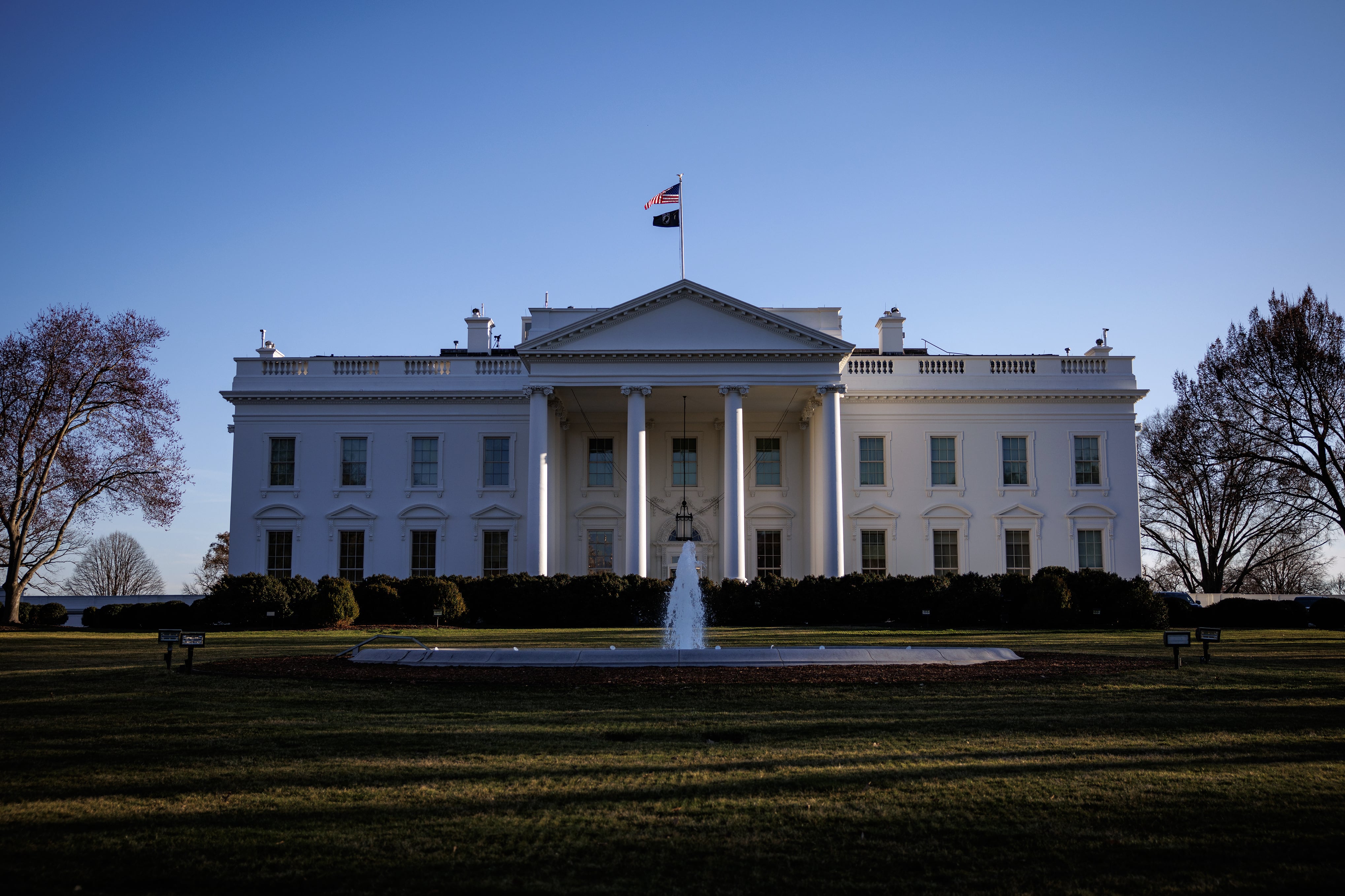Votebeat is a nonprofit news organization reporting on voting access and election administration across the U.S. Sign up for Votebeat Arizona’s free newsletter here.
The Trump administration is asking to withdraw from a longstanding court case challenging Arizona’s voter citizenship laws.
The U.S. Department of Justice filed a motion Tuesday to voluntarily dismiss its claims against Arizona in regards to two Republican-backed voter citizenship laws that the Biden administration had argued violated federal law.
The request, in the Mi Familia Vota v. Fontes case, does not affect the pending outcome of the case, which will still continue under several plaintiffs even if the request is granted. But it is the latest example of how the Trump administration’s priorities are reshaping the Justice Department’s approach to voting rights cases to no longer challenge state laws the Biden administration saw as illegally restricting voting. It is also aligned with his recent executive order on elections, which would require documented proof of citizenship to vote in federal elections.
State Senate President Warren Petersen, a Republican, said the Justice Department’s withdrawal “vindicates the legality of, and the need for, Arizona’s election integrity laws.”
Danielle Lang, senior director of voting rights for Campaign Legal Center, which is representing many of the groups that sued, including Living United for Change in Arizona and the League of United Latin American Citizens, said that while DOJ’s withdrawal has no practical impact, it demonstrates the new administration’s “complete abandonment of even the most basic voting rights protections.”
The Arizona laws under challenge were signed by Republican Gov. Doug Ducey in 2022, and have been defended mainly by Petersen and other Republican legislative leaders. They would further limit voting in the state by voters who didn’t prove their citizenship, banning them from voting in presidential elections and by mail, along with requiring more comprehensive and frequent voter roll checks for noncitizens.
A coalition of about a dozen voting rights groups sued after the laws were enacted claiming the laws were discriminatory in nature and would disenfranchise citizens. The most substantial parts of the laws have been tied up in litigation since they were enacted.
The voting rights groups who sued had made the same claims as the Biden Justice Department made, the DOJ told the court in its brief, and therefore its withdrawal from the case will not affect the final judgement.
Before this, the latest development in the case came in February when the 9th U.S. Circuit Court of Appeals upheld the lower court’s decision to block several provisions of the law, including those that would prohibit voters who don’t prove citizenship from voting for president and by mail.
Petersen said Thursday that he would appeal to the decision to the full 9th Circuit.
“I’m hopeful that the courts will see what the DOJ saw after a fresh look, which is that states do have the power to protect the integrity of its elections by requiring proof of citizenship to vote,” Petersen said.
Jen Fifield is a reporter for Votebeat based in Arizona. Contact Jen at jfifield@votebeat.org.



